52 ideas that changed the world - 50. Money
Millennia of civilisations have used mediums of exchange ranging from seashells and cows to bitcoin and cash
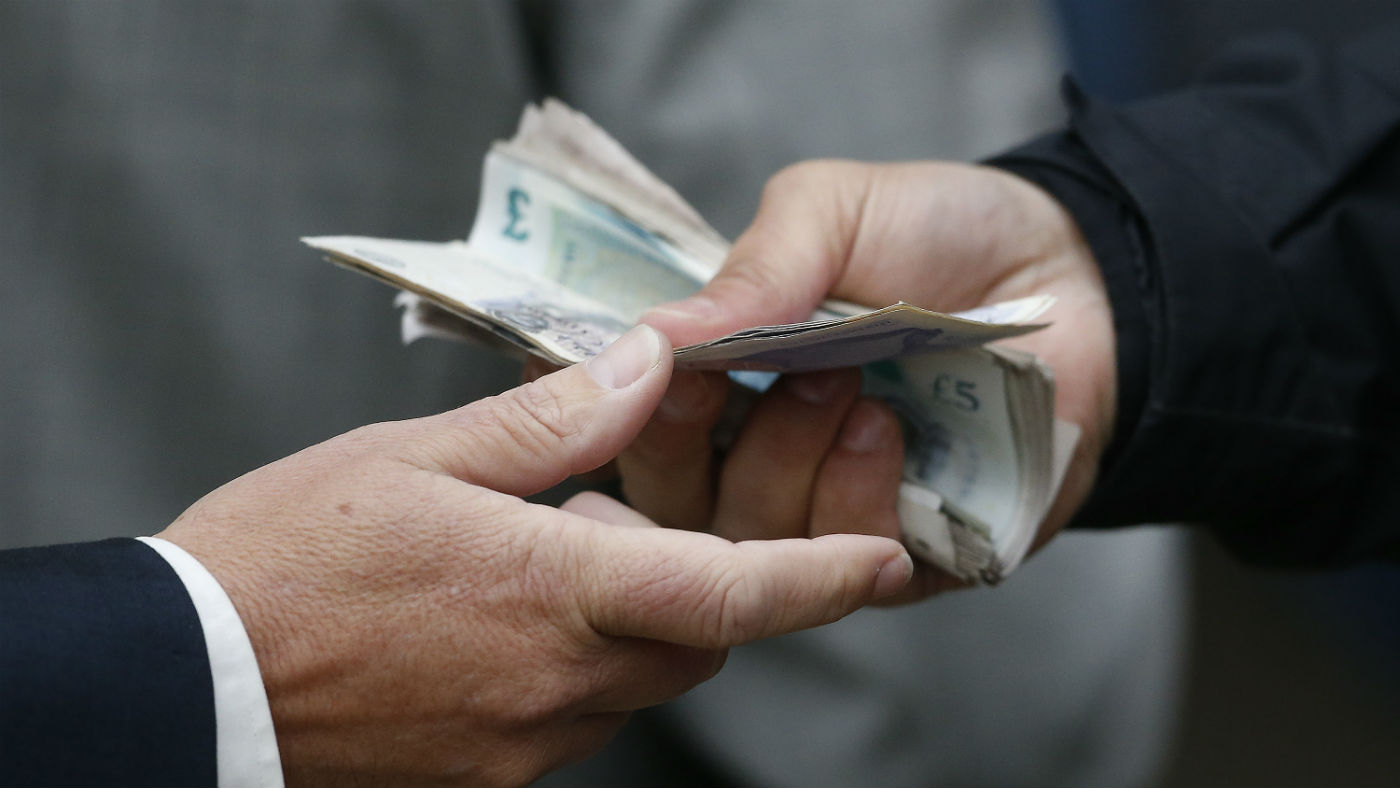
A free daily email with the biggest news stories of the day – and the best features from TheWeek.com
You are now subscribed
Your newsletter sign-up was successful
In this series, The Week looks at the ideas and innovations that permanently changed the way we see the world. This week, the spotlight is on money:
Money in 60 seconds
Money is a verifiable and accepted medium of exchange used in transactions for goods and services, or as a measure or store of value. The two main forms of money used today are cash and bank deposits. Cash takes the form of notes and coins, while bank deposits are held electronically.
The Week
Escape your echo chamber. Get the facts behind the news, plus analysis from multiple perspectives.

Sign up for The Week's Free Newsletters
From our morning news briefing to a weekly Good News Newsletter, get the best of The Week delivered directly to your inbox.
From our morning news briefing to a weekly Good News Newsletter, get the best of The Week delivered directly to your inbox.
In the UK, 96% of money is now held electronically, with just 4% held in cash, according to the Bank of England.
Early forms of money were usually “commodity money” - a currency that had a link to an item of tangible market value such as gold. But, since the 1930s, most money has been “fiat money”, which is not convertible to gold or any other item.
How did it develop?
Before the invention of money, goods were procured through bartering. People would simply swap something they had - for example, food - in exchange for something else that they needed. But around 3,000 to 4,000 years ago, communities began exploring more efficient systems of exchange.
A free daily email with the biggest news stories of the day – and the best features from TheWeek.com
Around 1,000BC, China began to manufacture bronze and copper coins, which often contained holes so that they could be strung together like a chain.
Outside of China, the first coins made of precious metals were created in around 500BC. Round, silver coins stamped with the forms of gods or rulers to mark their authenticity appeared in Lydia (present-day Turkey), and under the Greek, Persian and Macedonian empires, and later under the Romans, says the US Public Broadcasting Service (PBS).
Because these coins were made of precious metals, they had inherent value - that is, they were the first form of “commodity money”.
Paper money developed centuries later, in different places at different times. China’s Song Dynasty was one of the first to introduce paper money, in the 11th century. This new system originated from merchant deposit notes used by merchants during the Tang Dynasty in order to reduce the amount of physical coinage needed to make large transactions, explains Hans Christian Ekne in an article on The Capital platform.
This form of money was used for centuries in China before use of banknotes took hold in Europe, in the 17th century. However, by then, China had learned a painful lesson in the potential dangers of relying on paper money.
“The production of paper notes had grown until their value plummeted, prompting inflation to soar. As a result, China eliminated paper money entirely in 1455 and wouldn’t adopt it again for several hundred years,” says Time magazine.
Skipping forward to recent times, plastic money cards were first introduced to the UK in 1966, after the first credit cards were issued by Bank of America in 1958. The first cards has the account number embossed on the front of the plastic card, and when the account holder made a payment, this number was swiped onto a slip of paper which they then signed, as the Cashfloat blog explains.
The first experiments with electronic cash payments took place in the 1990s, and Chip and PIN cards - which allow customers to use a unique code number rather than a signature to authorise purchases - were introduced to the UK in 2004.
Contactless payments followed in 2007, and quickly became a commonly used and accepted form of payment. Contactless has seen a further boom during the ongoing coronavirus pandemic, because of the risks associated with handling cash, reports The Independent.
As well as these standard methods of payment, forms of so-called digital currency have been developed over the past decade or so. Cryptocurrencies such as bitcoin have become increasingly popular - and unlike fiat currency, “Bitcoin is created, distributed, traded, and stored with the use of a decentralised ledger system known as a blockchain”, says Investopedia.
Indeed, the future of physical money appears uncertain, with some experts suggesting countries such as the UK could be completely cashless society in as little as two years, reports the Daily Express.
But not everyone is convinced.
Although the popularity of digital payments is likely to increase, there’s no getting away from the “enduring popularity of cash” says The Scotsman. “While cash may have replaced cows, seashells and cheese, it’s perhaps not quite ready to give way to digital currencies just yet.”
How did it change the world?
Money is one of the most significant inventions - for good and bad - in human history.
“It facilitates exchange as a measure of value; it brings diverse societies together by enabling gift-giving and reciprocity; it perpetuates social hierarchies; and finally, it is a medium of state power,” says Chapurukha Kusimba, a professor of anthropology at Washington D.C’s American University, in an article on The Conversation.
By making transactions between people and organisations far more efficient, money allowed for the globalisation of our world today. No society could completely sustain itself on its existing resources, and money gave a way for different groups to trade resources.
Trade, alliances and wars all came out a desire to command resources through the medium of money. It also enabled the movement of people, making migration to certain areas more attractive and possible for the first time.
“The instruments of trade and finance are inventions, in the same way that creations of art and discoveries of science are inventions - products of the human imagination,” The New Yorker concludes. “Paper money, backed by the authority of the state, was an astonishing innovation, one that reshaped the world.”
-
 What to know before filing your own taxes for the first time
What to know before filing your own taxes for the first timethe explainer Tackle this financial milestone with confidence
-
 The biggest box office flops of the 21st century
The biggest box office flops of the 21st centuryin depth Unnecessary remakes and turgid, expensive CGI-fests highlight this list of these most notorious box-office losers
-
 The 10 most infamous abductions in modern history
The 10 most infamous abductions in modern historyin depth The taking of Savannah Guthrie’s mother, Nancy, is the latest in a long string of high-profile kidnappings
-
 52 ideas that changed the world - 52. Zero
52 ideas that changed the world - 52. ZeroIn Depth The technology on which you’re reading this article only works because of zero
-
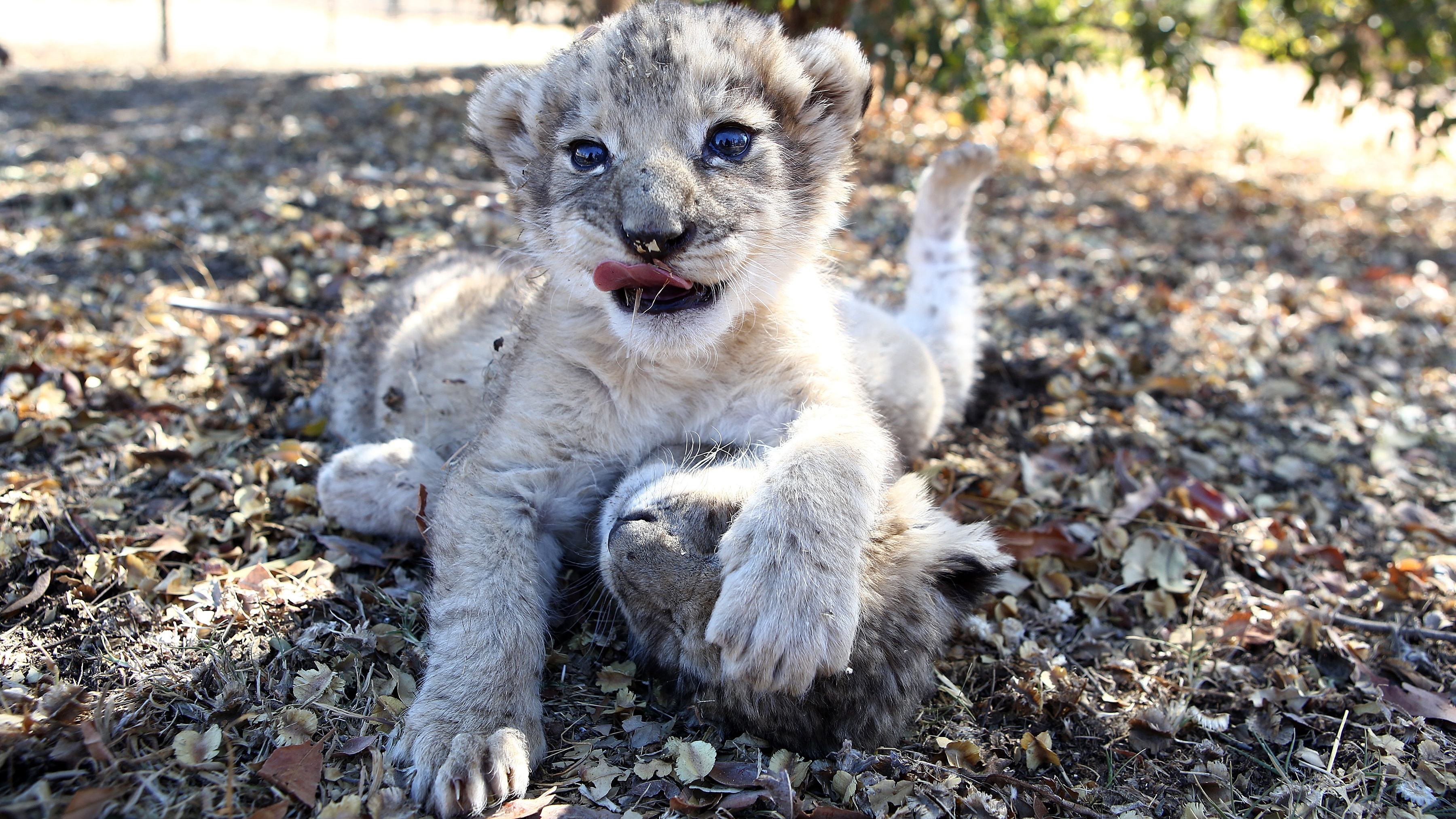 52 ideas that changed the world - 49. Ecology
52 ideas that changed the world - 49. EcologyIn Depth Scientific ecology can be traced back to Charles Darwin and considers living things and their environment
-
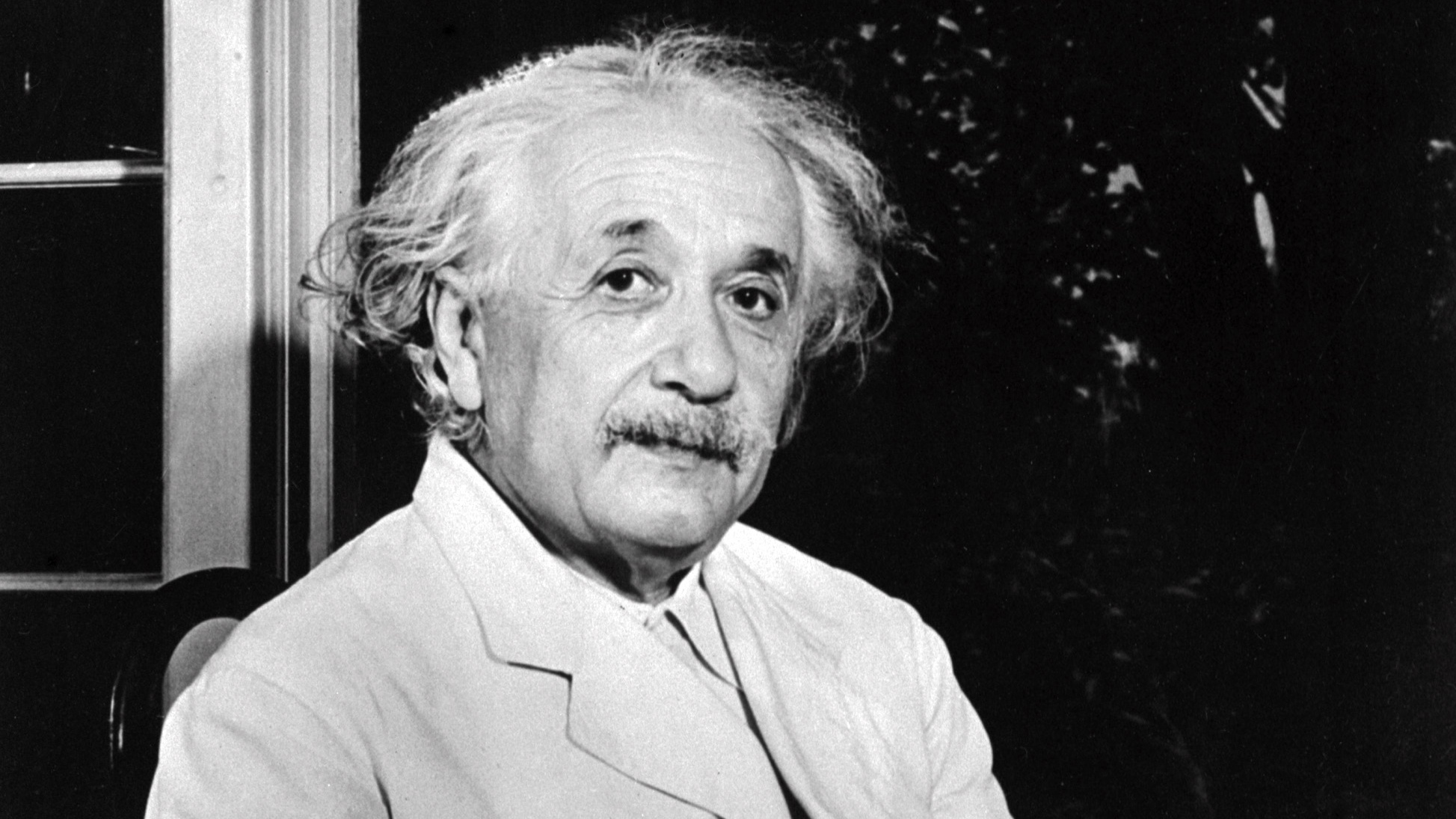 52 ideas that changed the world - 47. Relativity
52 ideas that changed the world - 47. RelativityIn Depth Einstein’s theory remains ‘most important in modern physics’
-
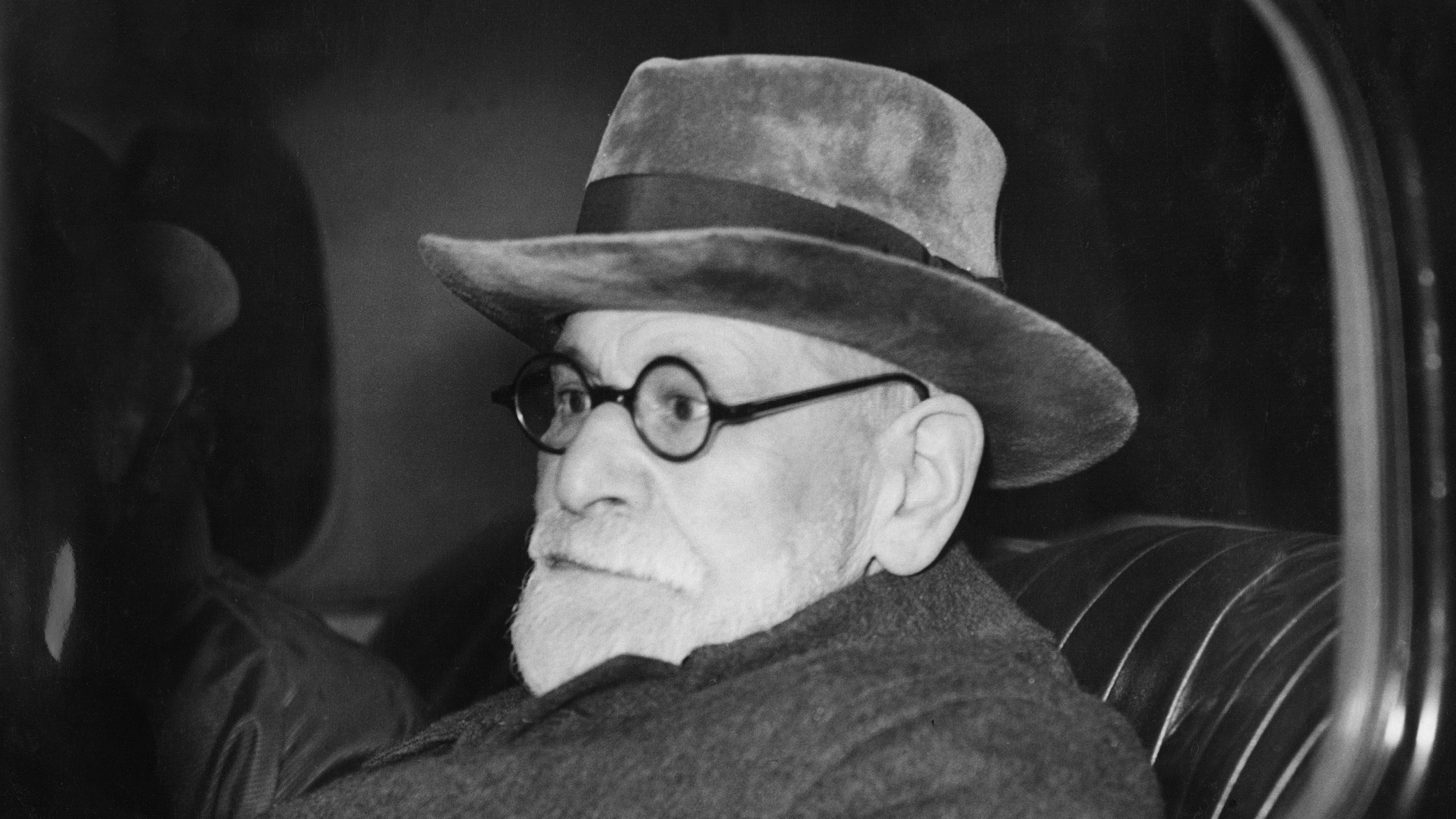 52 ideas that changed the world - 46. The unconscious mind
52 ideas that changed the world - 46. The unconscious mindIn Depth The theory of an obscured section of human consciousness has hooked psychologists for centuries
-
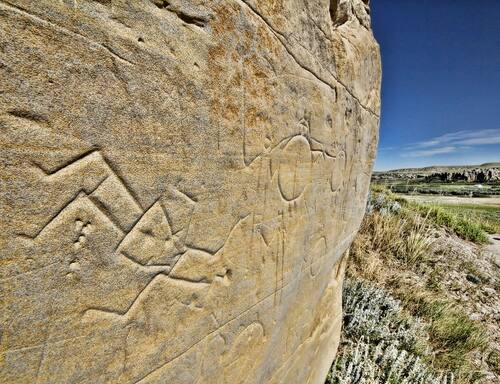 52 ideas that changed the world - 43. Writing
52 ideas that changed the world - 43. WritingIn Depth Writing is the foundation of history, great literature – and this article
-
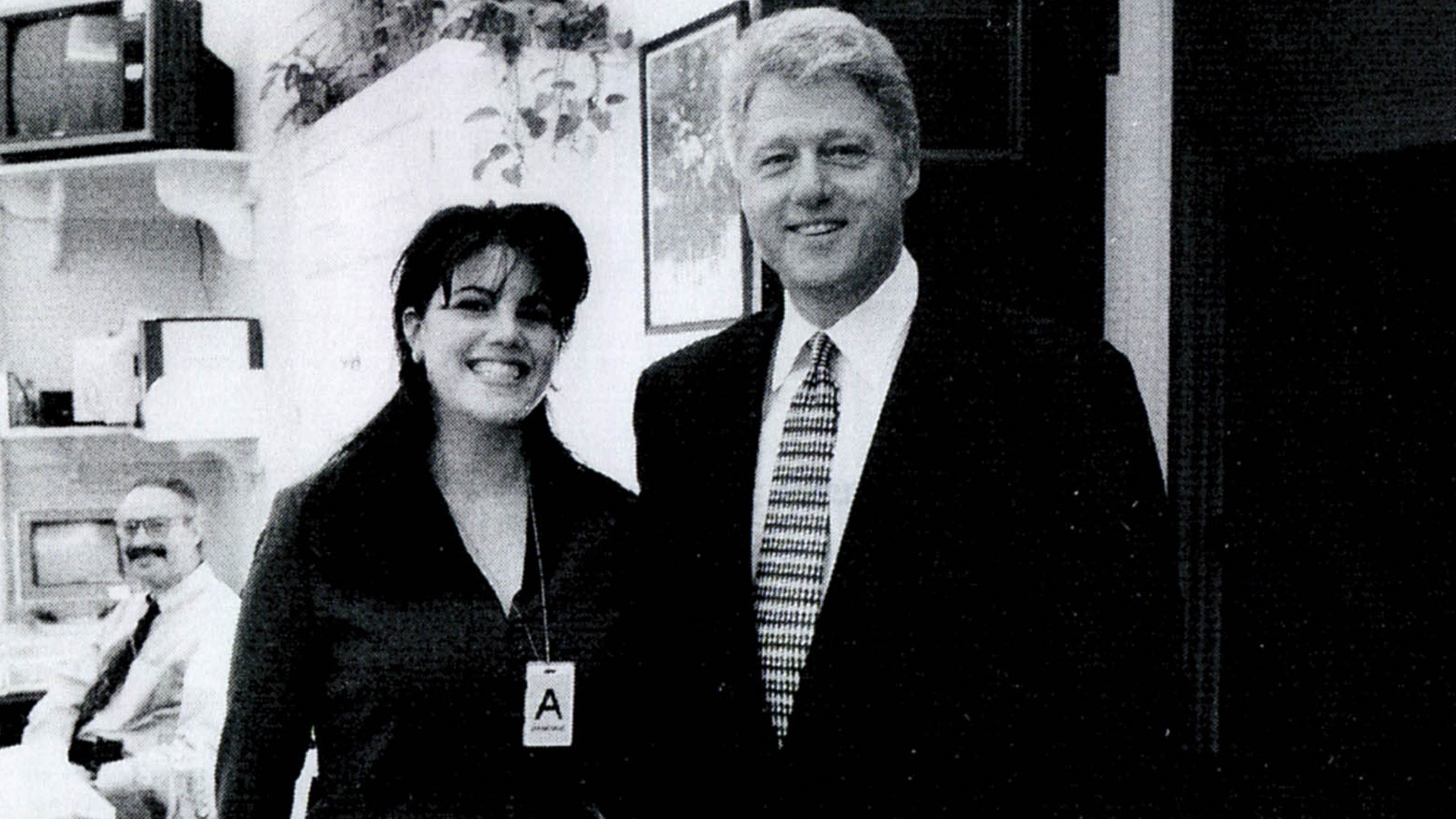 52 ideas that changed the world - 42. Monogamy
52 ideas that changed the world - 42. MonogamyIn Depth The roots of monogamy have more to do with evolution than romance
-
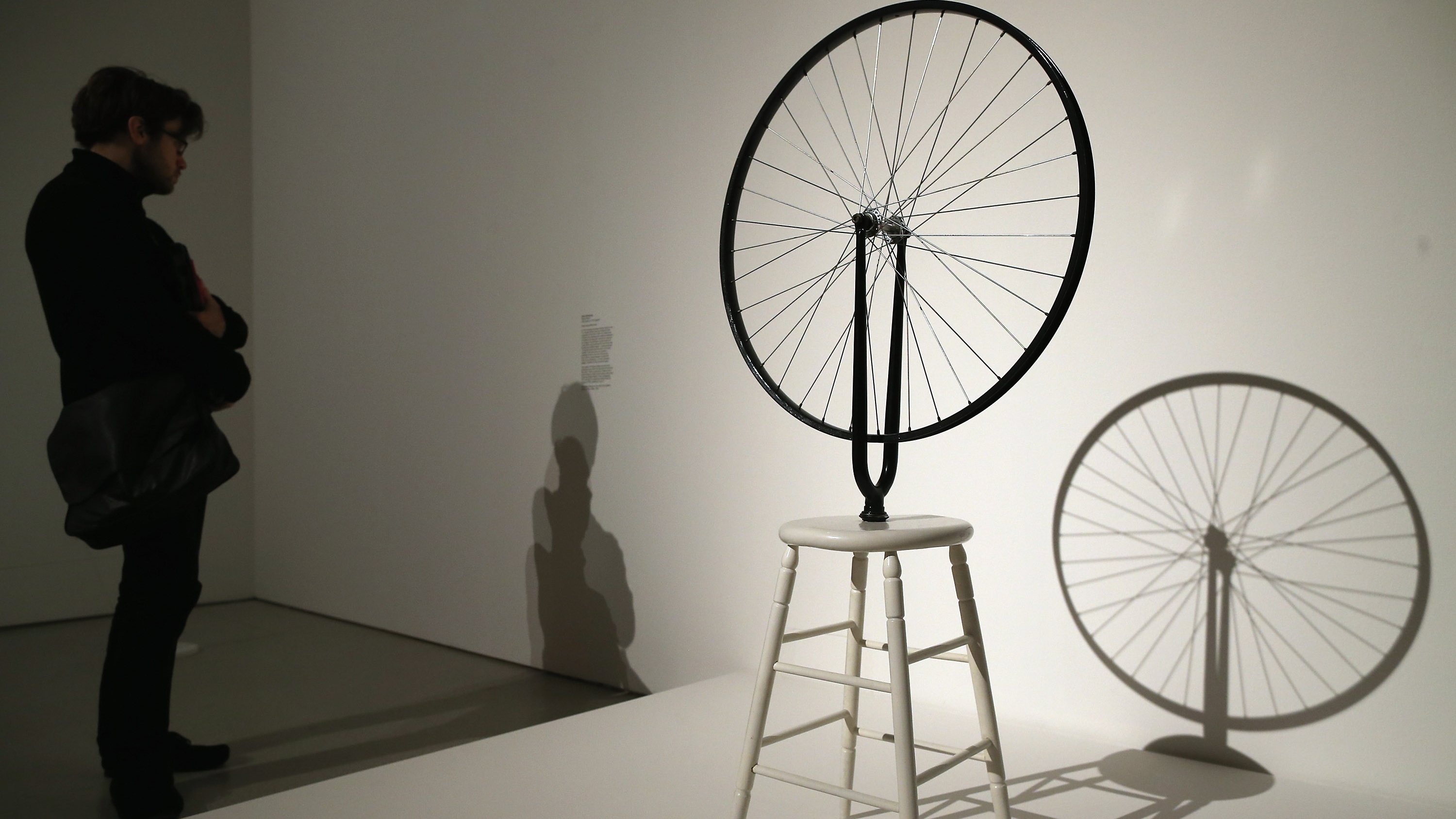 52 ideas that changed the world - 41. The wheel
52 ideas that changed the world - 41. The wheelIn Depth The wheel might seem simple, but it took humans a long time to figure it out
-
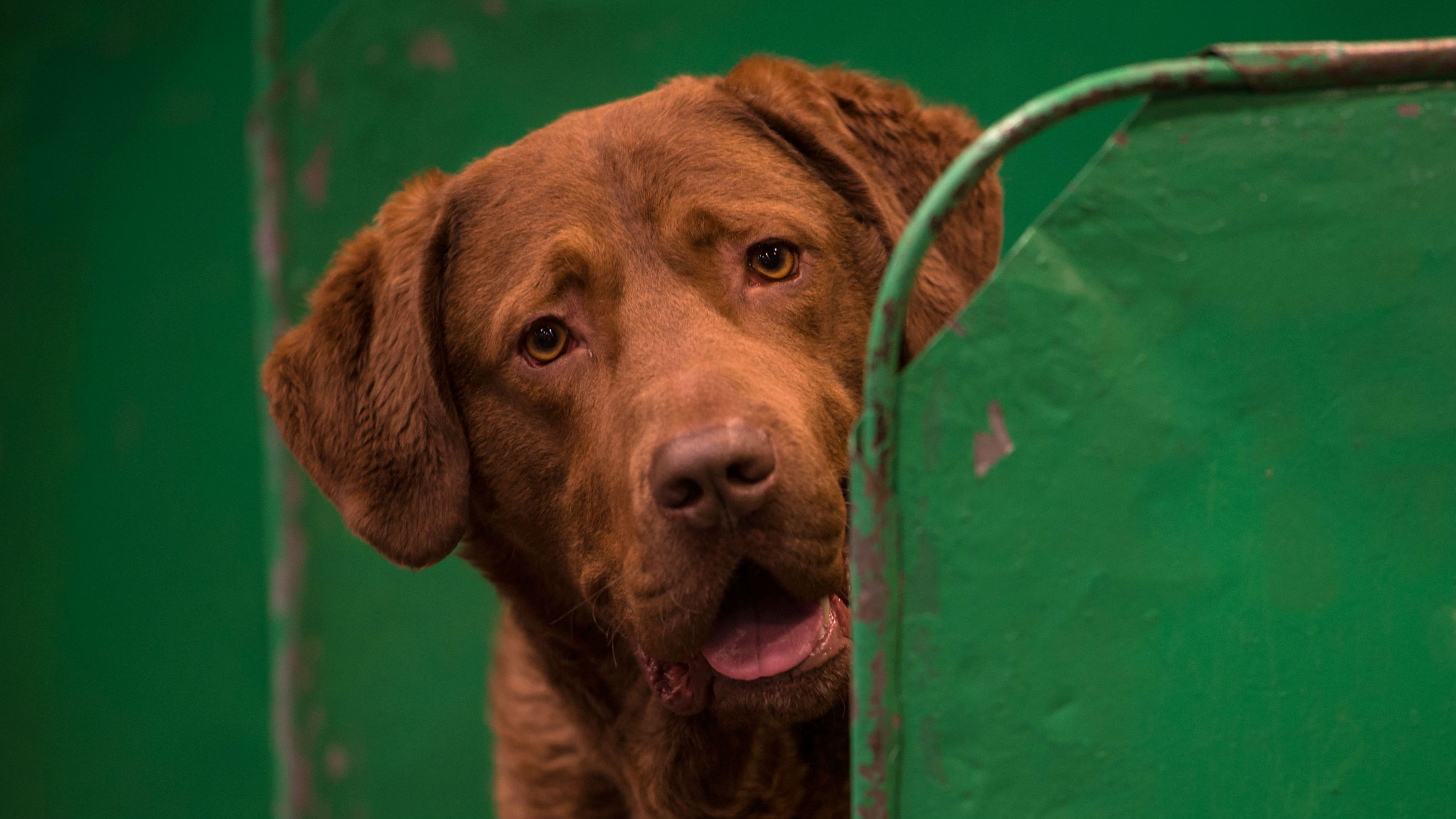 52 ideas that changed the world - 39. Selective breeding
52 ideas that changed the world - 39. Selective breedingIn Depth Domesticating animals and creating plants and crops allowed agriculture to flourish